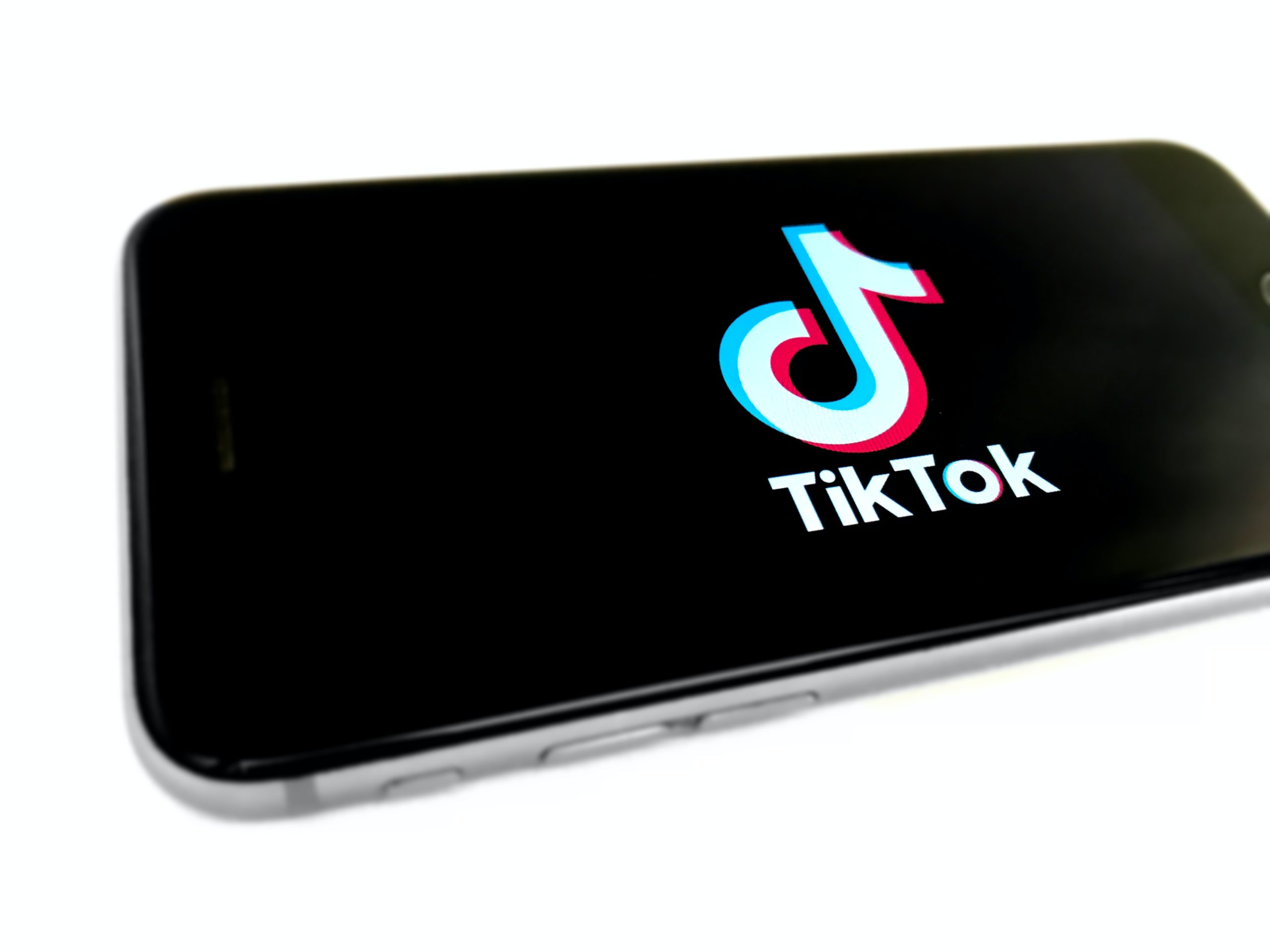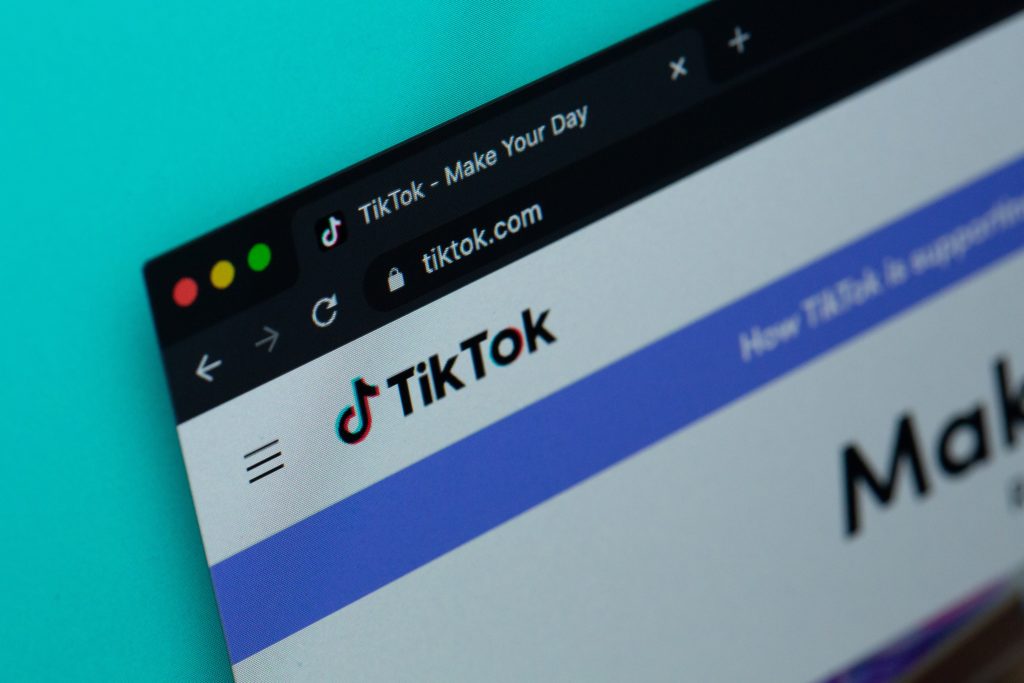
Does TikTok Pay Musicians? — Kurt Dahl
Does TikTok Pay Musicians?
The short answer: Yes.
The long answer: Very little for most users. Let’s examine why.
If TikTok Pays Musicians? How Does TikTok Pay You?
Your music will generate royalties from both the master recording and the songwriting (publishing), as it does with any usage. If you are a member of a PRO (Performing Rights Organisation) in your territory (SOCAN in Canada, ASCAP or BMI in the USA, etc.), and either work with a music publisher or self-publish your music through a distributor (likely Tunecore, CDBaby or Distrokid), then TikTok will pay you through your PRO on a quarterly basis.
In 2020, most record labels and distributors agreed to license deals with TikTok. This will compensate artists for master streams on TikTok. Prior to these agreements, the use of music on TikTok went largely uncompensated! Not cool says, Kurt.
For more on the difference between master revenues and songwriting revenues, see my article here.
How Much Does TikTok Pay Musicians?
You get paid a proportionate share of TikTok’s subscription revenue per month. In other words, TikTok adds up its total revenues. Then it calculates what percentage of those revenues are attributable to your amazing content.
When your music is made available on TikTok through your label or distributor (who would have signed a blanket license agreement), you will be giving millions of users consent to use your music in their videos. Your distributor will collect revenue based on the use of your music, which means you get paid each time your song is used on a TikTok video.
Sounds lucrative right? Well, not really.
TikTok was able to negotiate a good deal with the recording industry because when the app launched, it was owned by a music streaming service. Revenues generated by your videos will flow through your distributor and then to you directly or to your record label (and then hopefully to you). But because the videos only use a small portion of your song, the revenues are a fraction of what you’d get paid for a Spotify stream. And don’t get me started on what Spotify is paying you!
In other words, you will get paid a fraction of a fraction of a fraction. The exact amount will vary by the distributor, and it will fluctuate month to month. In 2021, it’s safe to say that the amount will be very small.

TikTok’s Creator Fund
In July 2020, TikTok announced the launch of its Creator Fund, which is a fund meant to compensate the most successful creators on the app. The Creator Fund, in theory, is a great way to support creators on the platform. In practice, it’s much different, however.
The Fund was criticized upon release for being inadequate: TikTok committed $200M initially for US-based creators, which works out to a few dollars per day for most users. Many creators complained on social media that they were earning only a few dollars a day, even if their videos garnered tens of thousands or even hundreds of thousands of views. TikTok has not provided details on how it calculates payouts under the Fund.
Part of the issue may be how the Creator Fund was marketed. Some creators mistook the fund for a grant program rather than a more traditional revenue-sharing scheme. Further, creators must apply for the Fund. To be eligible, users must be at least 18 years old, have a minimum of 10,000 followers, and have accrued at least 10,000 video views in the previous 30 days before they apply.
Influencers
Influencers using the Creator Fund report a rate of $0.02 to $0.04 per 1,000 views. This means that a relatively successful video of 500,000 views would earn you roughly twenty dollars.
Prolific creators with tens of millions of followers can earn in the range of $100,000 to $200,000 annually from the Fund. For the vast majority of influencers, however, it’s difficult to make TikTok into a full-time income based on ad revenue alone.
The lack of transparency around the Fund has led to theories and speculation. It has faced the same controversies over monetization and view counts that YouTube faced. Some creators have alleged that they noticed their views drop after they joined the Fund and wondered publicly whether TikTok was intentionally limiting their reach to cap how much they could earn.
Whatever the case, TikTok announced in late 2020 that they expect this Fund to grow to over $1 billion in the US in the next three years, and more than double that globally.
Other Revenues
Many TikTok influencers make their real money not from ad revenue, but through sponsored posts, product placement, and merchandise. The extent of these earnings really depends on a user’s follower count. The number of comments or likes, location, and the type of account.
When creators get near the 10,000-follower mark, smaller brands may offer $200 to $500. They may also mention them in a post. This can include a “music integration,” in which a creator gets paid to play a track in the background of their video. As the number of followers increases, more promos are offered and the price per promo rises.
TikTok also offers the TikTok Creator Marketplace. This is where brands can contact creators directly to negotiate promoted content deals on their channels. Essentially, the site shops around its creators and offers analytics for sponsors who wish to target specific demographics, and then helps these brands decide which creator to work with.
Is it worth putting your music on TikTok?
As we’ve seen here, unless you are generating millions of views from your TikTok videos, you aren’t likely to earn much in terms of ad revenue. But perhaps TikTok pay musicians more of a means to an end; a place where you participate, get creative, and leverage that into a record deal or increased fans and listeners on Spotify, YouTube, and the like.
TikTok is also one of few apps that allows crossing over to share its videos on any social media platform. This includes SMS, Whatsapp, and Email. It can act as an additional promotional tool to help get your brand and your music discovered by more people.
The impact on Spotify streams and fanbase growth is undeniable. On the industry level, I’ve seen viral TikToks turn into chart-topping singles and lucrative record deals. For now, the royalties should be viewed as an added bonus.
TikTok may or may not be helpful and/or suitable for your career. From what I’m seeing, record labels continue to invest an incredible amount of capital into TikTok promotion. There is no better way to market to young people right now.
In conclusion, if you are a musician who wants to reach youth listeners in 2021, TikTok is one of the best tools at your disposal. Whether you choose to embrace it is up to you. And now you know, how TikTok Pay Musicians?
As always, email me with questions or comments.
Written by: Kurt Dahl
I have practiced Entertainment Law throughout Canada since 2010, providing comprehensive legal advice to a wide array of music, film, television and technology clients since 2010. I became Partner at Murphy & Company in 2016 and was acknowledged by Canadian Lawyer in 2019 for my contributions to Entertainment Law in Canada.





